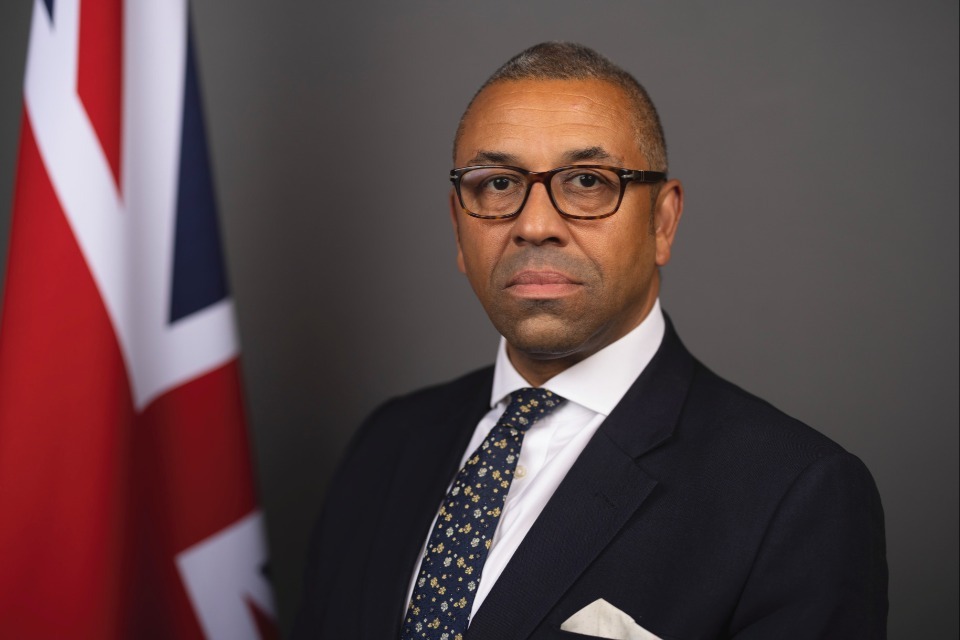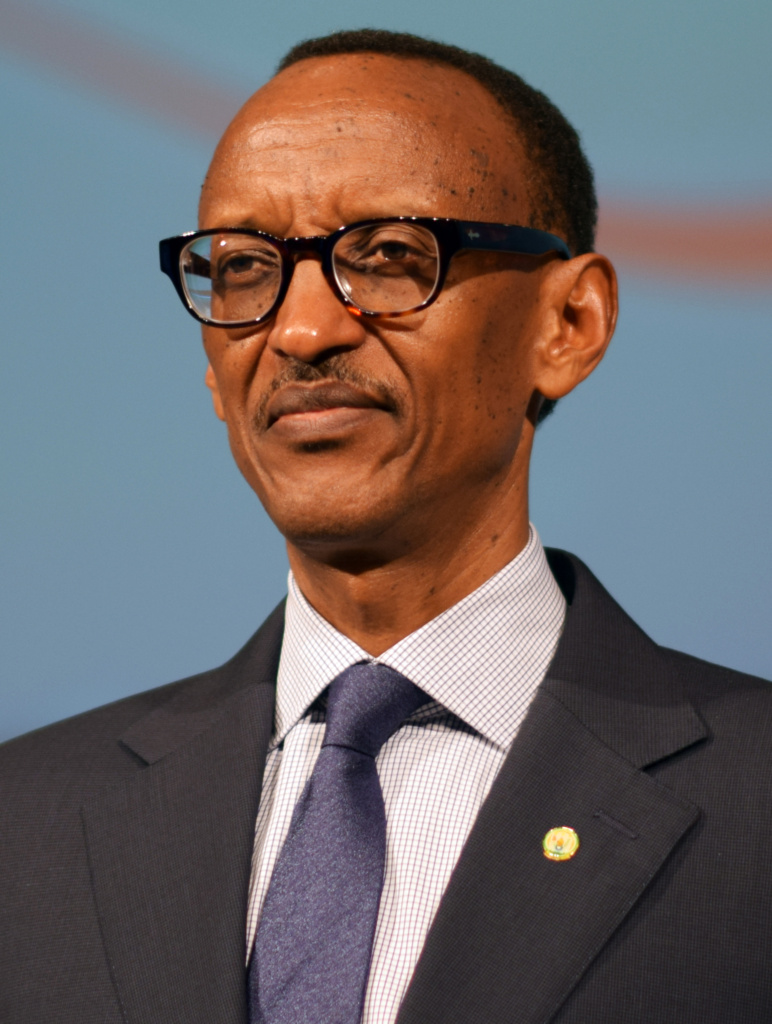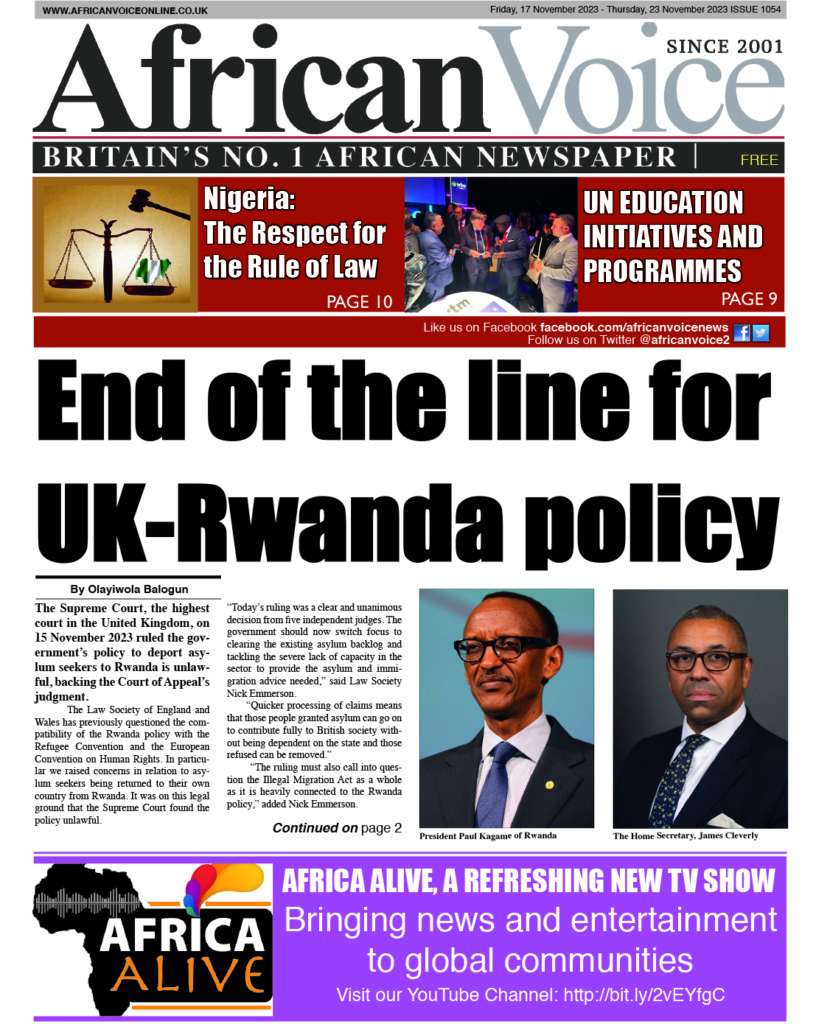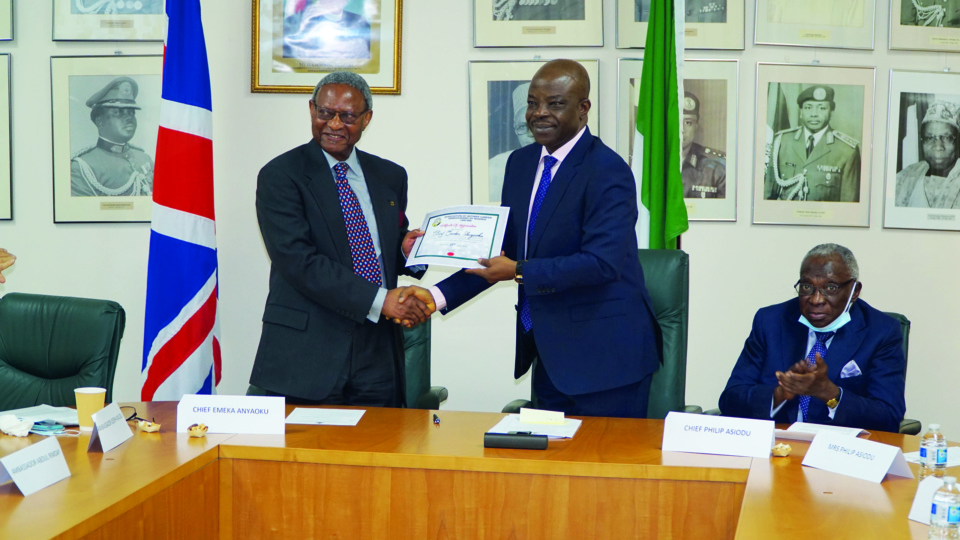
The Supreme Court, the highest court in the United Kingdom, on 15 November 2023 ruled the government’s policy to deport asylum seekers to Rwanda is unlawful, backing the Court of Appeal’s judgment.
The Law Society of England and Wales has previously questioned the compatibility of the Rwanda policy with the Refugee Convention and the European Convention on Human Rights. In particular we raised concerns in relation to asylum seekers being returned to their own country from Rwanda. It was on this legal ground that the Supreme Court found the policy unlawful.
“Today’s ruling was a clear and unanimous decision from five independent judges. The government should now switch focus to clearing the existing asylum backlog and tackling the severe lack of capacity in the sector to provide the asylum and immigration advice needed,” said Law Society Nick Emmerson.
“Quicker processing of claims means that those people granted asylum can go on to contribute fully to British society without being dependent on the state and those refused can be removed.”
“The ruling must also call into question the Illegal Migration Act as a whole as it is heavily connected to the Rwanda policy,” added Nick Emmerson.
“We have repeatedly raised concerns about whether the Act is workable in practice. It is also widely considered to be incompatible with international law.
“The Act is reliant on removing people from the UK. The Rwanda removals agreement has been ruled unlawful and there are currently no other removal agreements in place to ‘safe’ third countries.
“A growing number of people will be left in limbo under the Act as they cannot be removed, and they cannot be granted asylum.
“The cost to the taxpayer will continue to increase as the individuals left in limbo are housed in either detention centres or Home Office supported accommodation indefinitely.
“This therefore undermines both the government’s justification for the Act and its ability to offer a sustainable solution for the UK’s asylum system.”
The Prime Minister spoke to President Paul Kagame of Rwanda following the Supreme Court’s judgement.
While he welcomed the Court’s confirmation that the principle of sending illegal migrants to a safe third country is lawful, the Prime Minister expressed his disappointment at the overall outcome and recognised that there are challenges we must overcome.
He thanked President Kagame for his Government’s work over the last 15 months and the extra assurances we have already agreed as they said they would continue to work together to address the Court’s concerns.
Both leaders reiterated their firm commitment to making our migration partnership work and agreed to take the necessary steps to ensure this is a robust and lawful policy and to stop the boats as soon as possible.
The Home Secretary, James Cleverly said in his statement to the parliament about the government’s plan for ending illegal immigration.
The government of course fully respects the Supreme Court, but its judgment does not weaken our resolve to deter people from making these illegal, dangerous, and unnecessary journeys.
This is a lengthy judgment, which we now need to digest and reflect upon.
We take our obligations to the courts very seriously, which is why we have already taken action to address a number of the points raised by the lower courts.
It is only through breaking the business model of illegal people traffickers that we can fully take control of our borders and save lives at sea.
This is why the PM backed our deal with Rwanda, passed legislation to deliver it and said last December that other countries would follow our lead.
And what we have now seen, is other countries are indeed now also exploring third country models for illegal immigration – including Austria, Germany, Denmark and Italy in their deal with Albania, a new and innovative model for processing asylum claims. Nothing in the Supreme Court judgment today dims our commitment.
The Supreme Court has said that there are issues with Rwanda’s asylum system which could create the possibility of someone being returned to a country where they could face persecution.
I am struck by the Court’s remarks about the risk of refoulement.
And I quote: “The structural changes and capacity-building needed to eliminate that risk may be delivered in the future, but they were not shown to be in place at the time when the lawfulness of this policy had to be considered in these proceedings”, making reference to the earlier proceedings.
We have a plan to provide exactly that certainty. We anticipated this judgment as a possible result, and for the last few months have been working on a plan to provide the certainty that the Court demands. We have been working with Rwanda to build capacity and amend agreements with Rwanda to make clear that those sent there cannot be sent to another country than the UK. Our intention is to upgrade our agreement to a treaty as soon as possible.
That will make it absolutely clear to our courts and to Strasbourg that the risks laid out by the Court today have been responded to, will be consistent with international law, and ensure that Parliament is able to scrutinise it.
The Prime Minister has said that if our domestic legal framework frustrates our plans he is prepared to change our laws.
Kindly follow us on twitter:@AfricanVoice2











